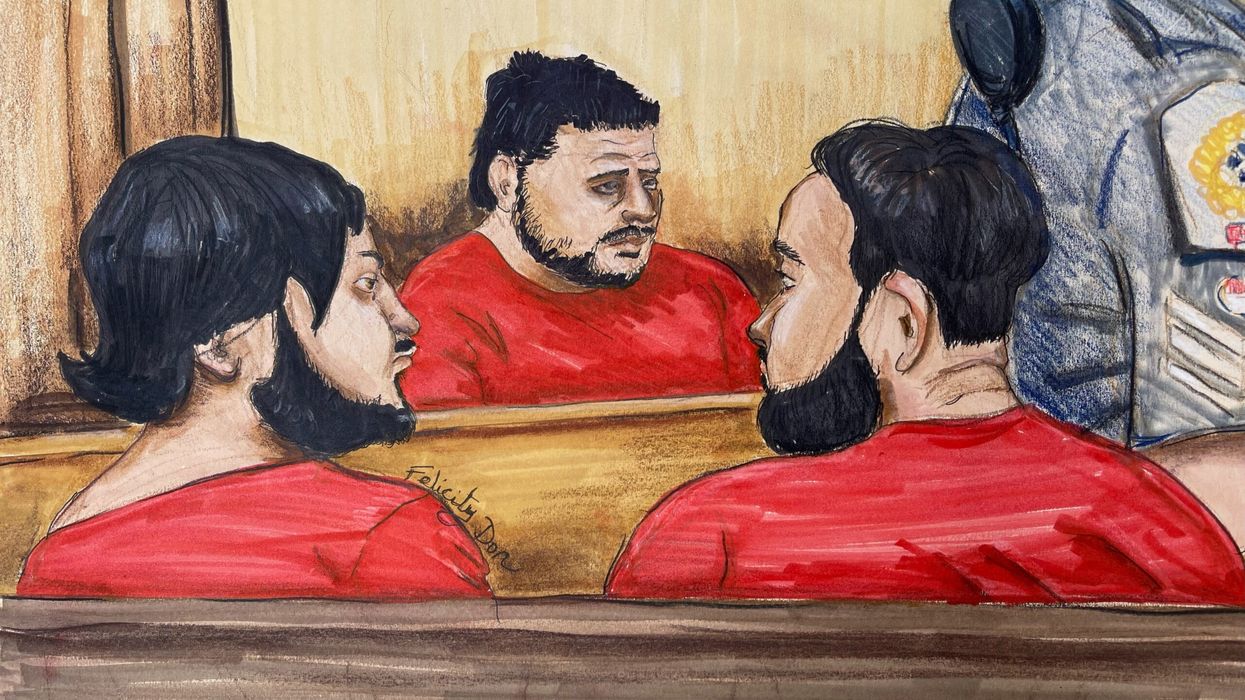Four Indian nationals accused of killing Khalistan separatist Hardeep Singh Nijjar last year in Surrey appeared before a Canadian court for the first time. The court ordered them to have no contact with several people in the community.
Three of the suspects—Karan Brar (22), Kamalpreet Singh (22), and Karanpreet Singh (28)—appeared in person in BC Provincial Court in Surrey, while the fourth suspect, Amandeep Singh (22), appeared by video link.
Amandeep Singh remains in custody in Ontario on unrelated weapons offences. Judge Mark Jette placed them under a no-contact order and adjourned until their next appearance on June 25.
The time until the next hearing will allow the Crown to fulfill its evidentiary disclosure obligations to the suspects' lawyers.
Those appearing in person wore red prison sweatsuits as they entered the courtroom. Richard Fowler, lawyer representing Karan Brar, stated, "it's completely understandable given the context why there is an enormous amount of community interest in this case. That level of community interest makes me...to ensure that those charged with these offences have a fair trial."
Attendees at the hearing were searched before entering the courthouse, while Nijjar's supporters held a protest outside. Sheriffs placed peoples' phones in plastic zipper bags and kept them outside the courtroom in plastic bins, with the judge warning observers that recording audio and taking pictures was prohibited.
Nijjar, 45, was killed outside Guru Nanak Sikh Gurdwara in Surrey, British Columbia, on June 18, 2023. The ties between India and Canada came under severe strain following Canadian prime minister Justin Trudeau's allegations in September last year of the "potential" involvement of Indian agents in Nijjar's killing.
India has dismissed Trudeau's charges as "absurd" and "motivated."
Nijjar, a Khalistani separatist, was wanted in India on various terror charges.
India has been asserting that its "core issue" with Canada remained that of the space given to separatists, terrorists, and anti-India elements in that country.
Following Trudeau's allegations last year, India temporarily suspended the issuance of visas to Canadian citizens, which were later resumed.
India's external affairs minister S Jaishankar recently stated that by allowing political space to Khalistani separatist elements, the Canadian government is sending a message that its vote bank is "more powerful" than its rule of law.





